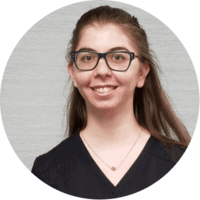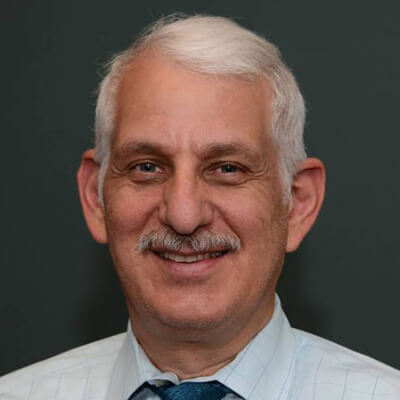Restoring Vision After Stroke - Patient Success Story
After suffering a brain stem stroke, MH faced frustrating vision challenges that made reading impossible—until Neuro Optometric Rehabilitation helped him regain his ability to see clearly and enjoy books again.
MH, age 65, suffered a brain stem stroke. He was unable to read because his eyes would get “stuck” and he noticed diplopia (double vision); additionally, he was suffering from headaches. This was frustrating for MH because he loves to read, and one of his primary goals was to get back to being able to read again.
MH was not capable of being able to use his two eyes together as a team (binocular vision) prior to starting Neuro Optometric Rehabilitation, a form of Vision Therapy that allows patients the opportunity to rehabilitate their visual system after either an acquired or traumatic brain injury, such as a stroke or even a concussion.
After just 12 weeks of Neuro Optometric Rehabilitation, MH was able to begin to use his two eyes together as a team again. He was reading again, on his third book since the stroke had occurred. Additionally, he noticed fewer headaches and less diplopia (double vision).
What is Neuro Optometric Rehabilitation?
Neuro Optometric Rehabilitation is a specialized form of vision therapy designed to help individuals recover visual function after a neurological event such as a stroke, concussion, or traumatic brain injury. Unlike traditional eye care, which focuses on eye health and glasses prescriptions, Neuro Optometric Rehabilitation addresses how the brain processes visual information. Many neurological injuries can disrupt eye coordination, depth perception, tracking, and focus, leading to symptoms such as double vision, dizziness, headaches, and difficulty reading. Through personalized therapeutic exercises and specialized lenses, this rehabilitation helps retrain the brain and eyes to work together, improving visual comfort and daily function.
If you have suffered a stroke and are having any visual symptoms, or know someone who is having difficulty and would benefit from our services, please reach out to our office at 732-679-2020.



Appointment times may vary so call us for availability.